Using straw in the garden – to nurture plants and suppress weed growth
Thinking of using straw in the garden? This organic material is loved by experts – and it's easy to see why

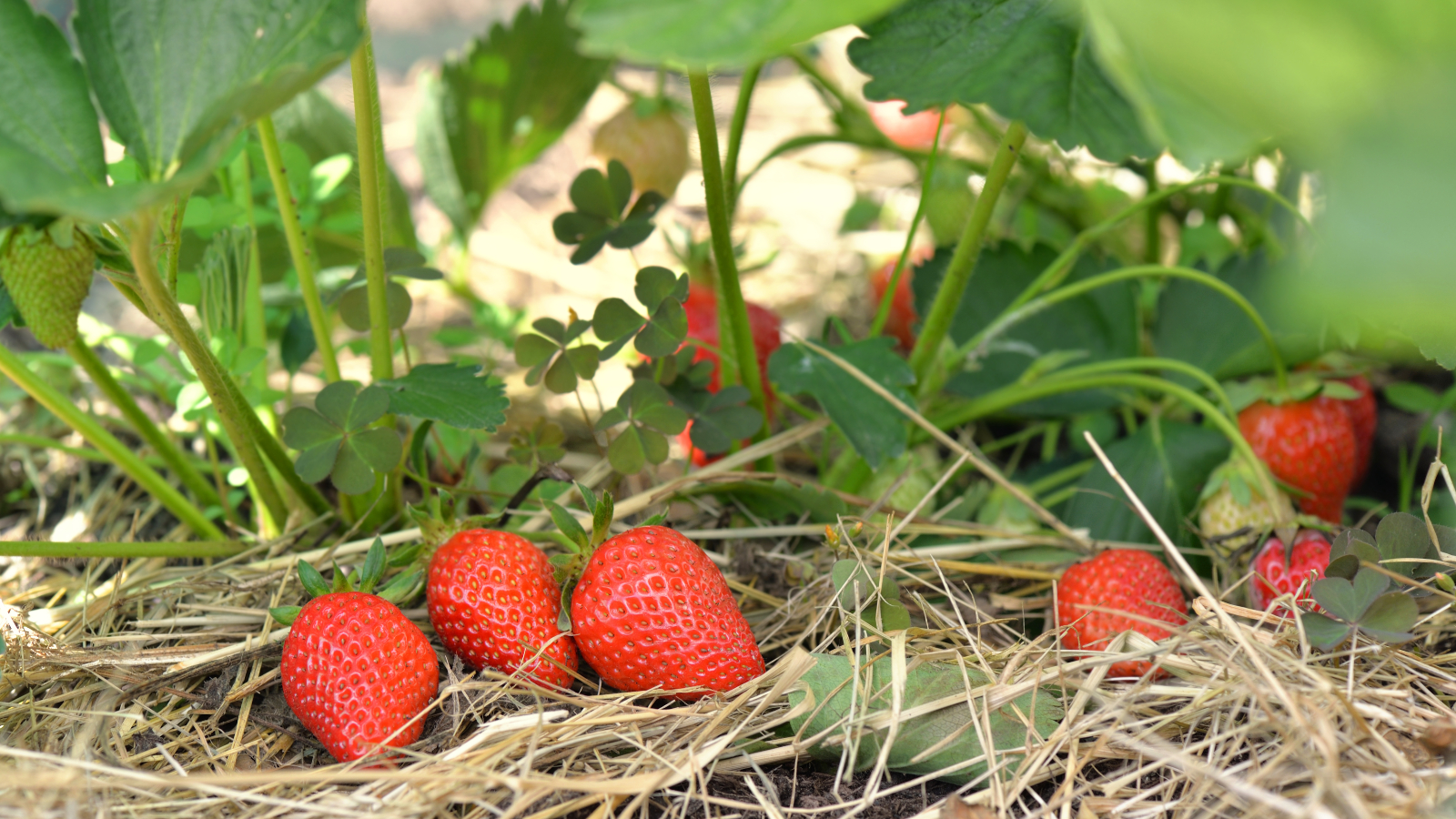
Design expertise in your inbox – from inspiring decorating ideas and beautiful celebrity homes to practical gardening advice and shopping round-ups.
You are now subscribed
Your newsletter sign-up was successful
Want to add more newsletters?

Twice a week
Homes&Gardens
The ultimate interior design resource from the world's leading experts - discover inspiring decorating ideas, color scheming know-how, garden inspiration and shopping expertise.

Once a week
In The Loop from Next In Design
Members of the Next in Design Circle will receive In the Loop, our weekly email filled with trade news, names to know and spotlight moments. Together we’re building a brighter design future.

Twice a week
Cucina
Whether you’re passionate about hosting exquisite dinners, experimenting with culinary trends, or perfecting your kitchen's design with timeless elegance and innovative functionality, this newsletter is here to inspire
There are a host of benefits to using straw in the garden – whether you're using it as vegetable mulch or as a natural way to limit weed growth.
This simple but effective garden idea is one of the most durable materials to bring into your exteriors – so it is no surprise that experts love its versatility. Here are the best ways to make this sustainable garden idea work in your space.
Using straw in the garden – 3 expert-approved ways to incorporate its natural goodness
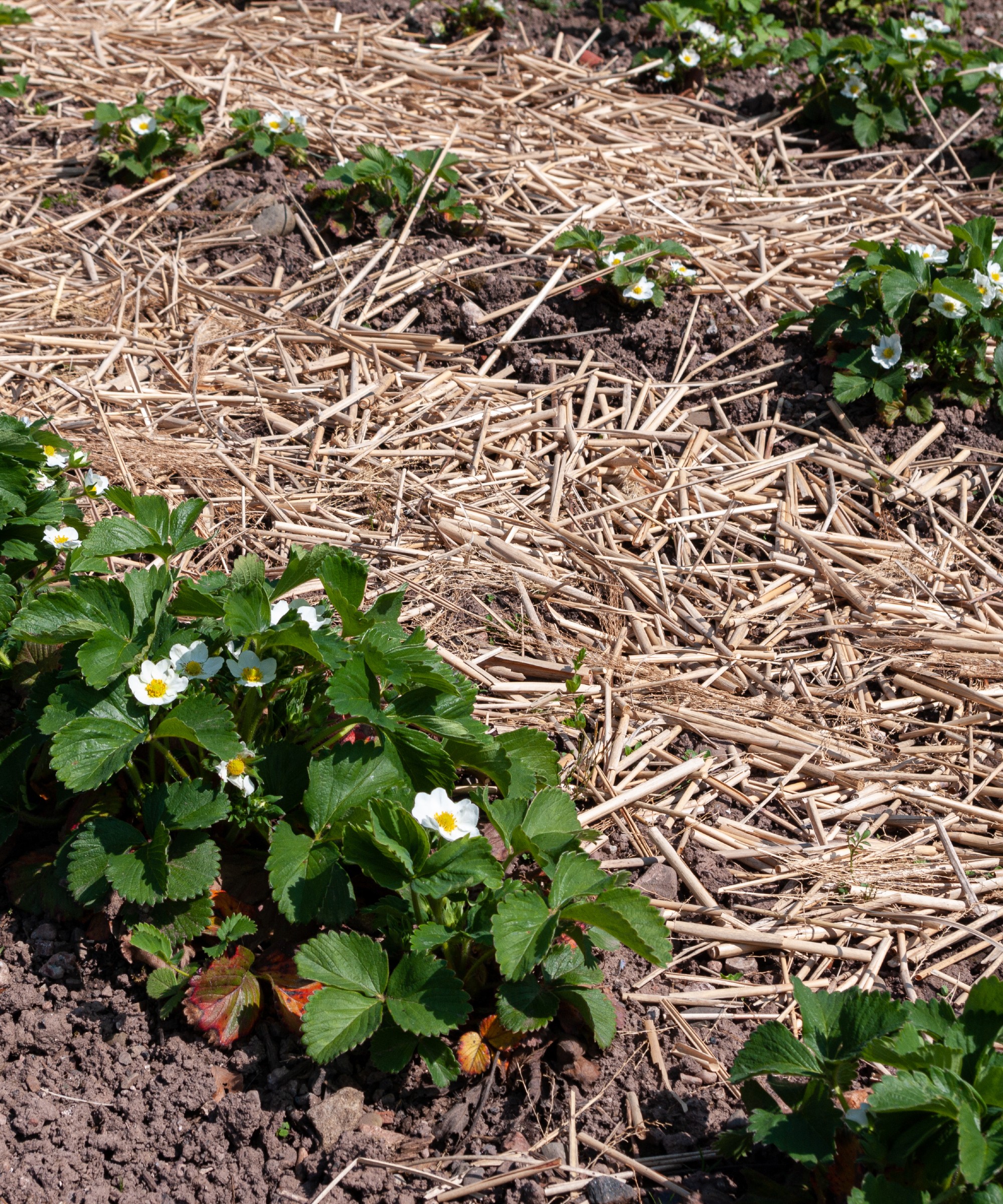
Straw in the garden is best used like a mulch, so as a barrier to protect from weed germination and to also help shield the soil from the sun to increase the soil's water retention,' says Horticulture expert Eric De Boer.
However, its benefits don't end there. It is also 'beneficial as a source of organic matter' and promotes healthy organic growth. Here are the top three benefits that the professionals want you to know.
1. Using straw to suppress weed growth
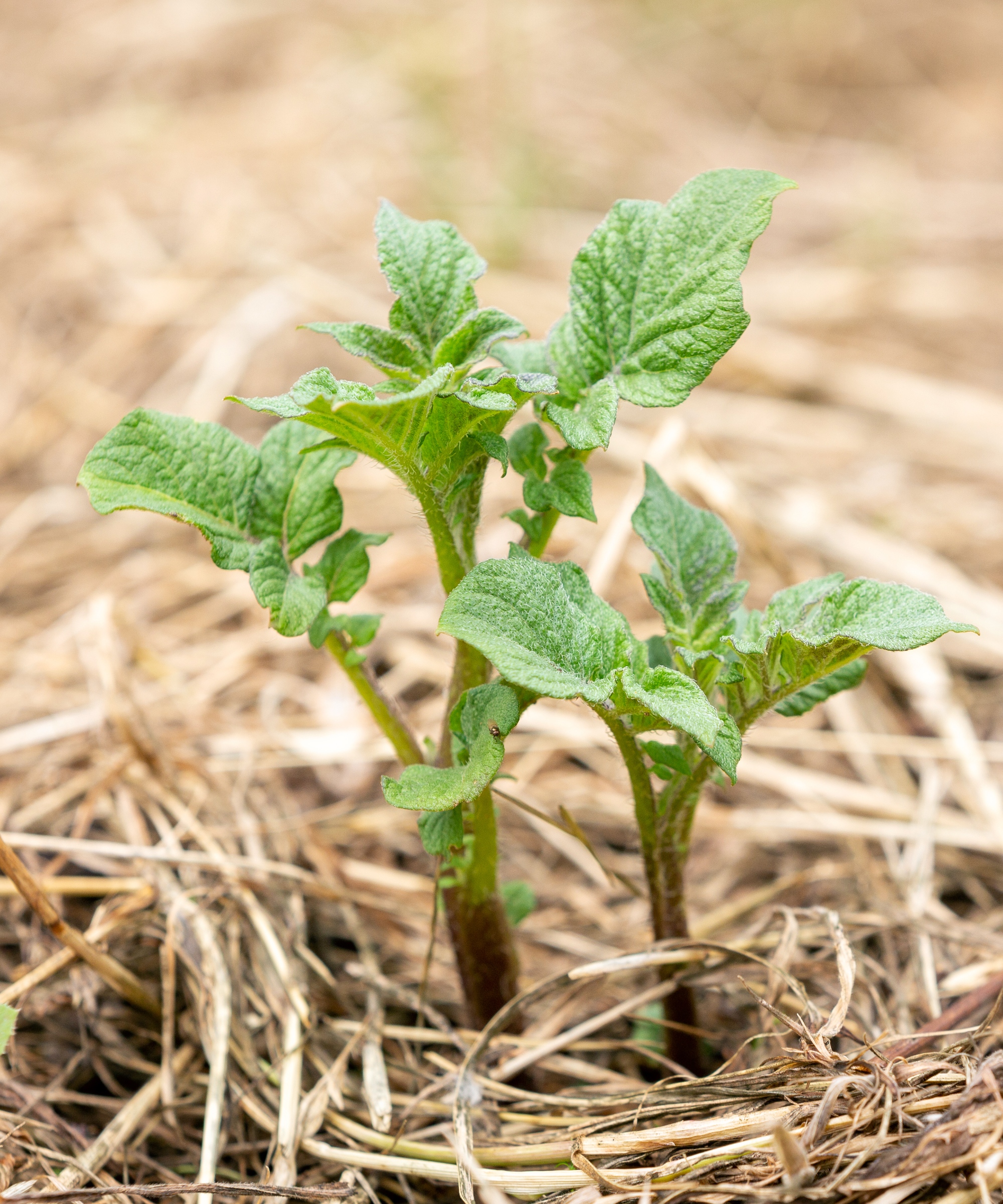
If you're wondering how to get rid of weeds, then straw may be a secret asset in your battle for a weed-free garden. 'Straw is a natural weed suppressor. It will help keep weeds from growing in the garden while also conserving moisture,' says Certified Horticulturist and Land Manager from The Indoor Nursery, Brody Hall.
Straw is especially effective when used as mulch around your vegetable plants. It protects the soil from sunlight, meaning your crops can grow freely with fewer weeds – and surprisingly more moisture. 'Straw helps to promote moisture retention and improve drainage, keeping your vegetable plants hydrated and healthy,' adds Gardening Boost's Founder, Rodger St Hilaire.
2. Using straw to regulate your soil's climate
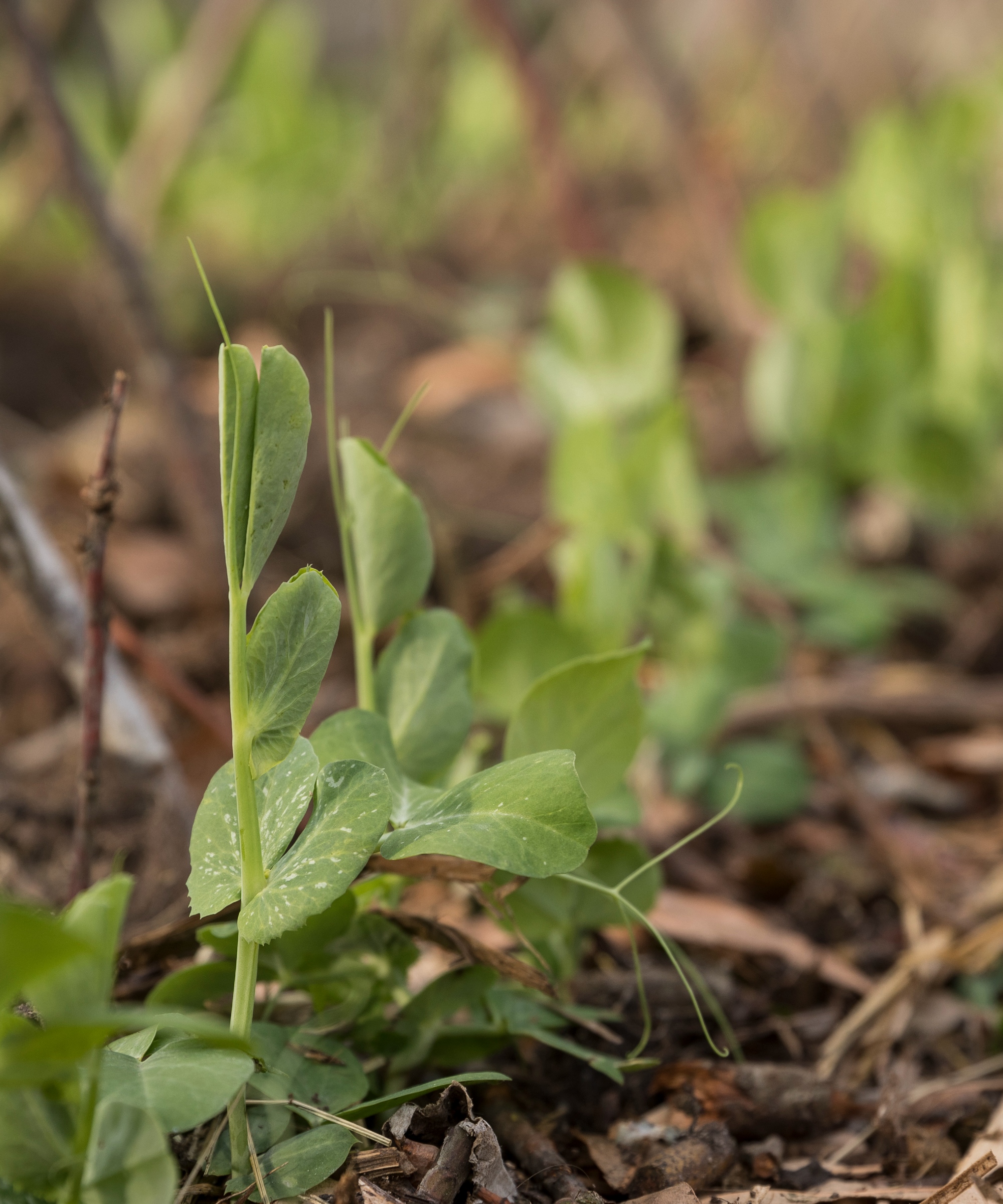
'Mulching with straw is a great way to keep the soil moist and cool, and it helps to reduce erosion,' explains Lindsey Hyland, the Founder of Urban Organic Yield. This is because the material acts as a natural insulator that encourages healthy vegetable plants.
Design expertise in your inbox – from inspiring decorating ideas and beautiful celebrity homes to practical gardening advice and shopping round-ups.
'You can also use it as an amendment to the soil by mixing it in to help improve the moisture retention and nutrient content,' Lindsey adds.
3. Using straw's beneficial bacteria
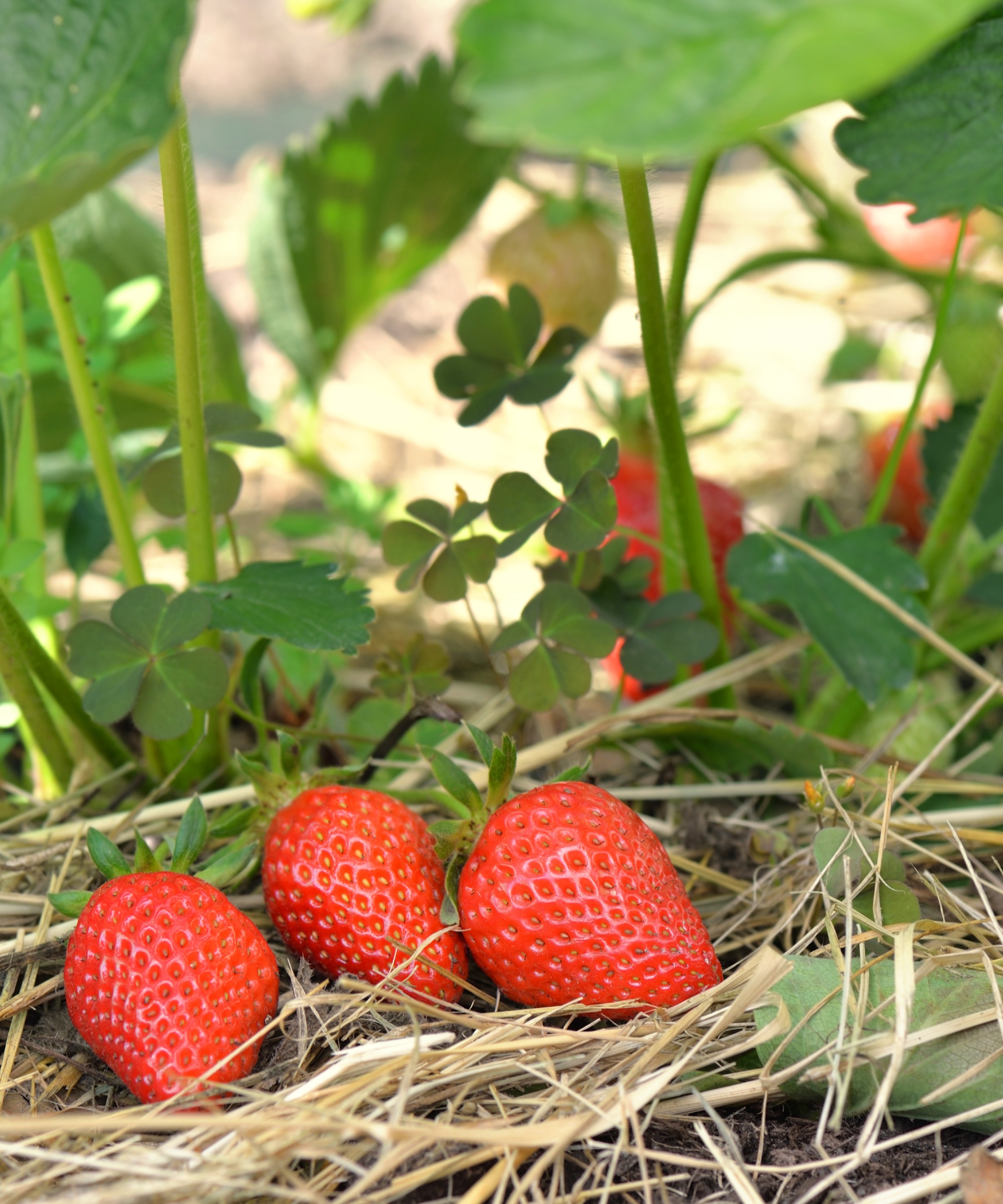
Straw may be good for your vegetable garden ideas, but it produces a healthy environment for all plants thanks to its good bacteria.
'Straw supports beneficial soil-borne bacteria. These bacteria, often protozoa, are important for breaking down organic matter in the soil – to create a healthy environment for plants to grow in,' Brody adds.
Using straw in the garden has a range of benefits – it's time to experiment with them in your exteriors.

Megan is the Head of Celebrity Style News at Homes & Gardens, where she leads the celebrity/ news team. She has a history in interior design, travel, and news journalism, having lived and worked in New York, Paris, and, currently, London. Megan has bylines in Livingetc, The Telegraph, and IRK Magazine, and has interviewed the likes of Drew Barrymore, Ayesha Curry, Michelle Keegan, and Tan France, among others. She lives in a London apartment with her antique typewriter and an eclectic espresso cup collection, and dreams of a Kelly Wearstler-designed home.